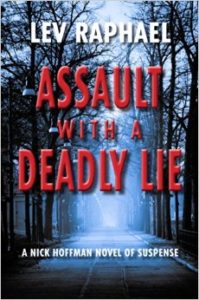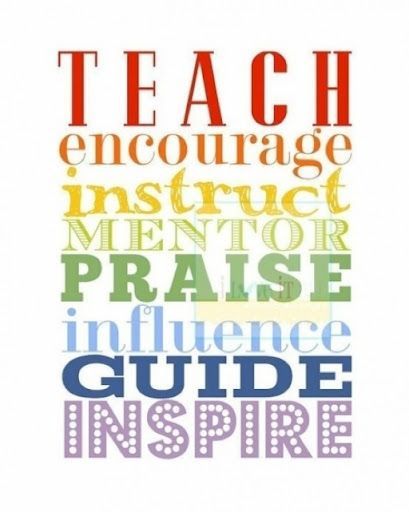Bad prose is apparently essential.
I recently got an email about L.J. Ross, the “Queen of Kindle,” an English author I’d never heard of, who’s apparently sold millions of books. So I went to Amazon to check out the first book in her series. As a newspaper and radio reviewer for many years, I was struck by what the review quotes said, and what they didn’t say:
“LJ Ross is the queen of Kindle” – Sunday Telegraph
“Holy Island is a blockbuster” – Daily Express
“A literary phenomenon” – Evening Chronicle
There was nothing about the books as books–these papers all tout her success, not her writing. It made me wonder if Ross might be a phenomenon like the author of Fifty Shades of Grey. That is, a huge bestseller despite ridiculous characters and laughable prose.
I downloaded a sample of Ross’s Holy Island, her debut novel which is set on Lindisfarne Island off Northumbria. But I couldn’t make it past the first few pages for a number of reasons. The clichés of “huddled together for warmth” and “crashing waves” put me off. The larger cliché is a tired crime fiction trope: the trapped woman.
Lucy wakes up shivering near a famous ruined priory, and “her skin is exposed and helpless.” Helpless? A person can be helpless, but her skin itself? And why not tell us how exposed she is, why make us guess? Then we learn that she thinks her eyes are open but she’s not sure because it’s so dark. It’s hard to believe anyone would not know whether their eyes were open or closed–but it turns out the darkness isn’t that deep anyway because she can see an outline of the priory and the sky is only “ink-blue” and “littered with stars.”
A bit further on Lucy tries to “feel her way to the edge.” What edge? We never learn.
She calls for help and hears someone approaching: “The footsteps maintained their unhurried gait and followed their inevitable path.” People maintain a gait, not their footsteps. But the author separates other things as well when she writes “Her mind struggled to process the words, to believe her ears.” Is her mind some separate thing unconnected to her? Wouldn’t just saying “She” be simpler and more accurate?
I read across genres and love good story-telling, but I can’t waste my time on writers whose writing is below par. Especially writers who have people dying awful deaths suddenly thinking of something pleasant just before they die—in this case it’s “home.” That’s another tired fiction moment.
Even the Amazon description of the book is poorly written, because it claims that the island of Lindisfarne is “cut off from the English mainland by a tidal causeway.” Causeways connect islands, but perhaps whoever wrote that was in the spell of her prose. Bad writing can sometimes be hypnotic.
Lev Raphael teaches creative writing workshops at writewithoutborders.com.




